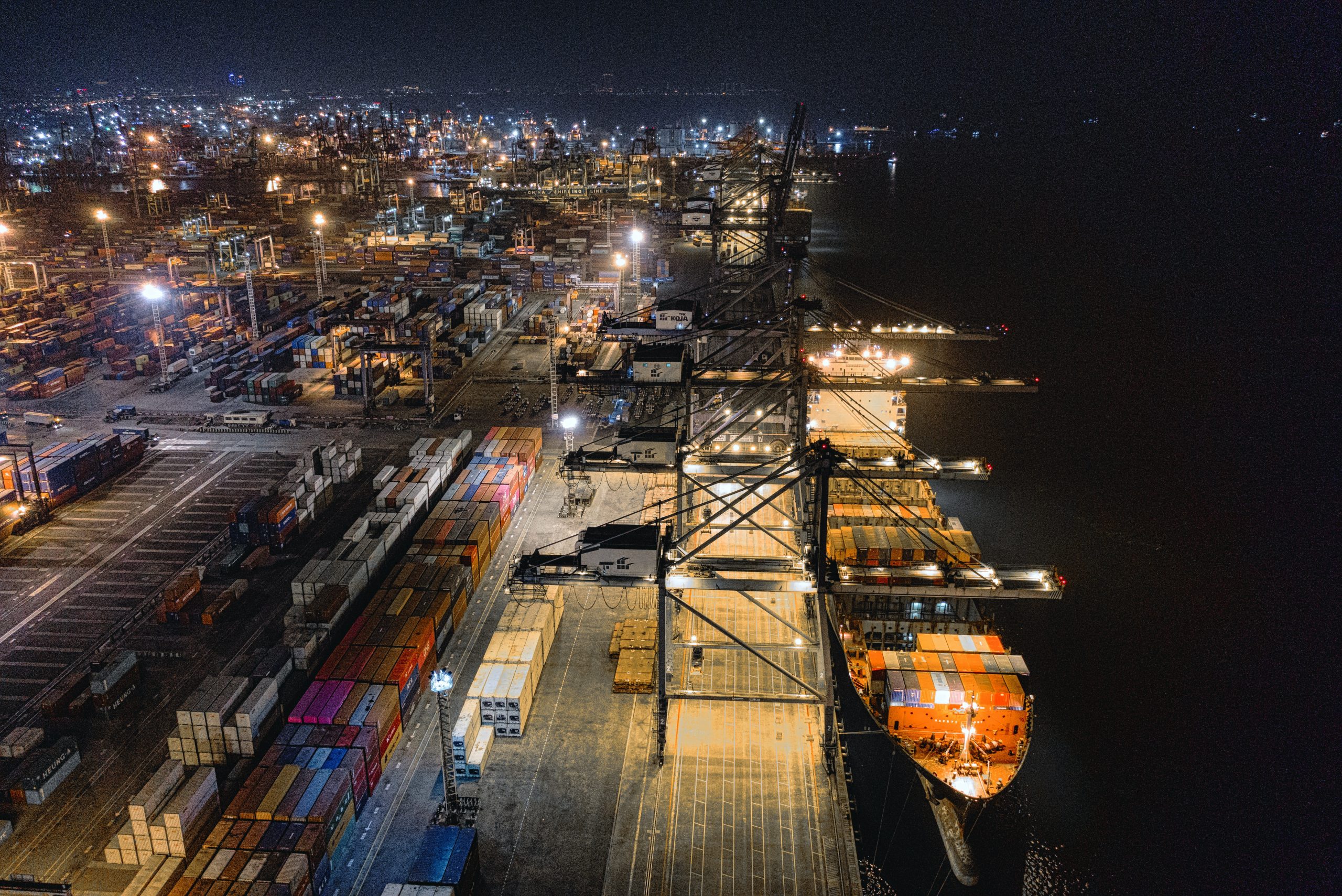Russian authorities will subsidise steel exports, Russian Deputy Minister of Industry and Trade Viktor Evtukhov said during his speech at the St. Petersburg International Economic Forum (SPIEF) on Friday.
“We are revisiting the decision to subsidise the export of metallurgical products,” Evtukhov said. “Last year, there was no point in this: the products were exported, there were high prices, and our products flew off the wheels. Today there is a problem, so we will revisit this subsidy.”
According to the official, another important measure is subsidising the import of critical raw materials.
In 2020, a mechanism was launched to support Russian industrial exports, with RUB 2 billion ($35 million) allocated from the budget to exporters for corporate programmes to improve competitiveness, which involved subsidising bank loans.
Evtukhov conceded domestic demand for steel has fallen, and the “overly strong rouble” clearly does not benefit steel exporters, so some products sometimes have to be delivered at zero margin, and in some cases even at a loss.
“Restricting exports from Russia in favour of the exchange rate would be a strategic mistake,” Russia’s First Deputy Prime Minister Andrei Belousov noted during the forum. “The government, on the contrary, intends to expand the geography of export supplies in every possible way without harming the domestic market.”
Earlier during SPIEF, the chairman of the Bank of Russia, Elvira Nabiullina, said amid current conditions the value of exports should be re-evaluated, with production reoriented to the domestic market and the degree of product processing increased.
Last week, Russian steelmaker NLMK said that steel exports will fall further due to sanctions against the country following its invasion of Ukraine (see Kallanish passim). It expects exports of steel products from Russia to decline by 23% in 2022, with rolled products accounting for the bulk of the decline, at 40-45%.
More than 10,000 sanctions have been imposed against Russia, and it is already clear that steelmakers are losing sales markets, says the Russian Steel Association.
Svetoslav Abrossimov Bulgaria






